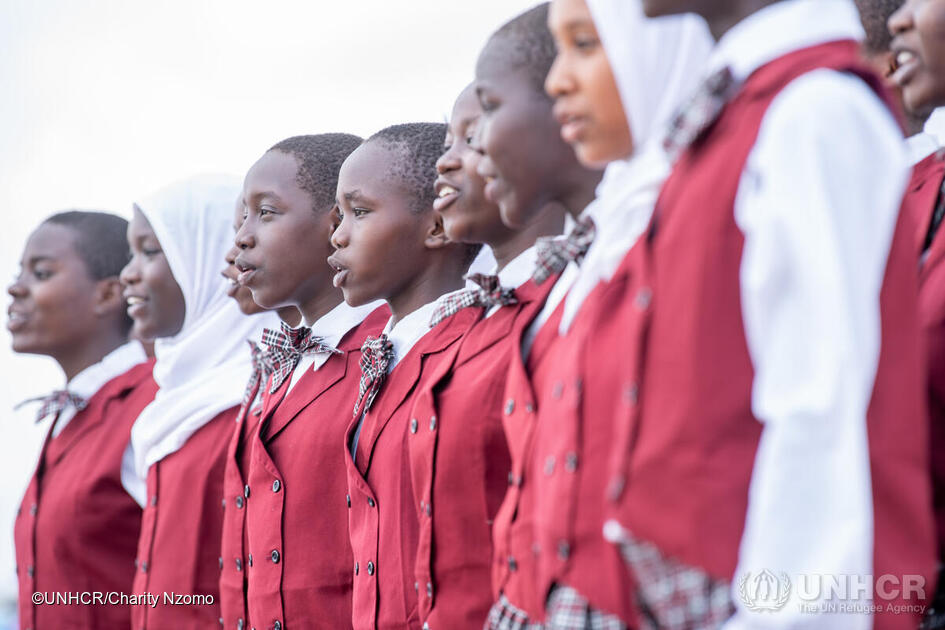

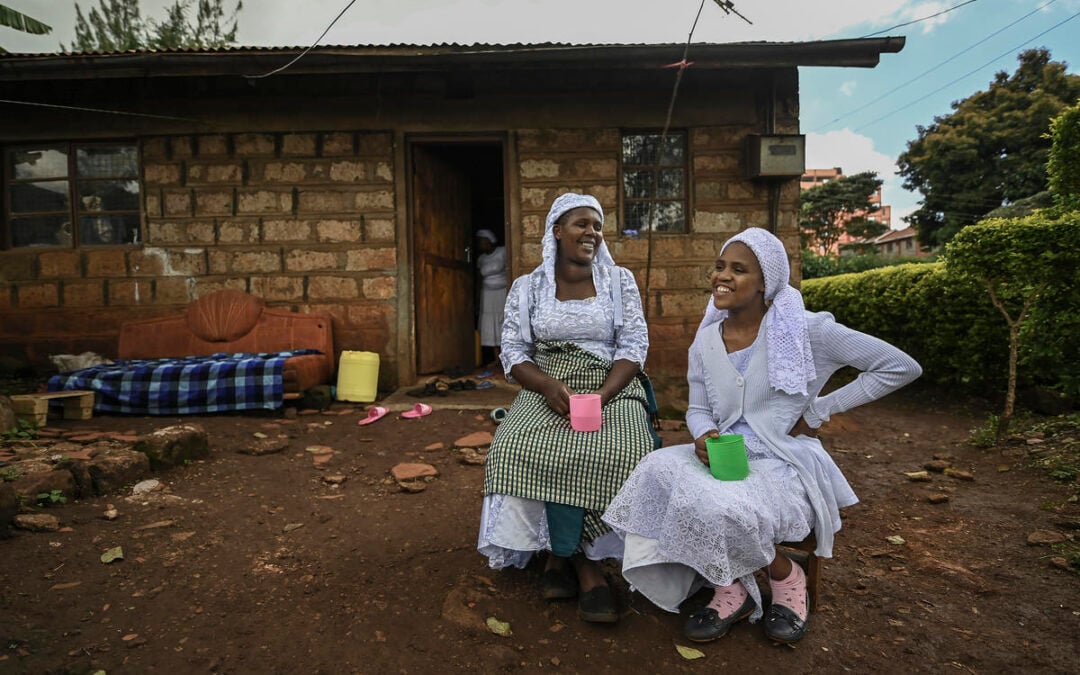
From Kenya to Kyrgyzstan: how data can help eliminate statelessness
At the heart of the JDC’s efforts, we are supporting policy change informed by research using high-quality data gathered according to recognized standards and definitions.
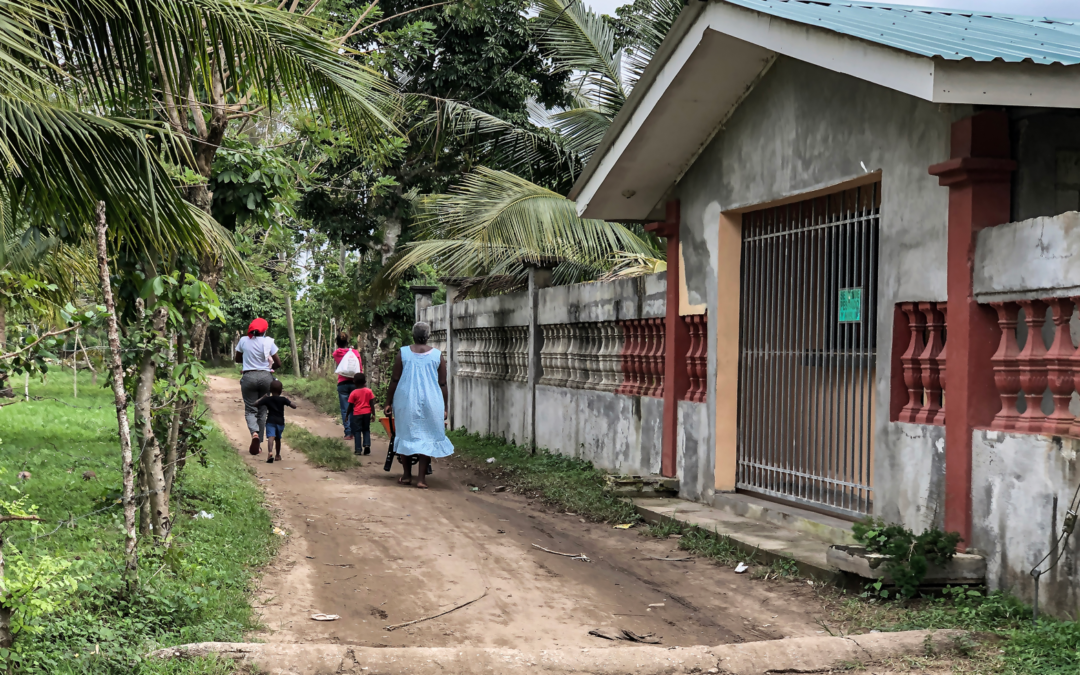
Improving Internal Displacement Statistics in Central America
Inclusion of internally displaced persons (IDPs) in regularly collected national statistics provides the foundation for inclusion in services, policies, and development planning and help ensure that no one is left behind.
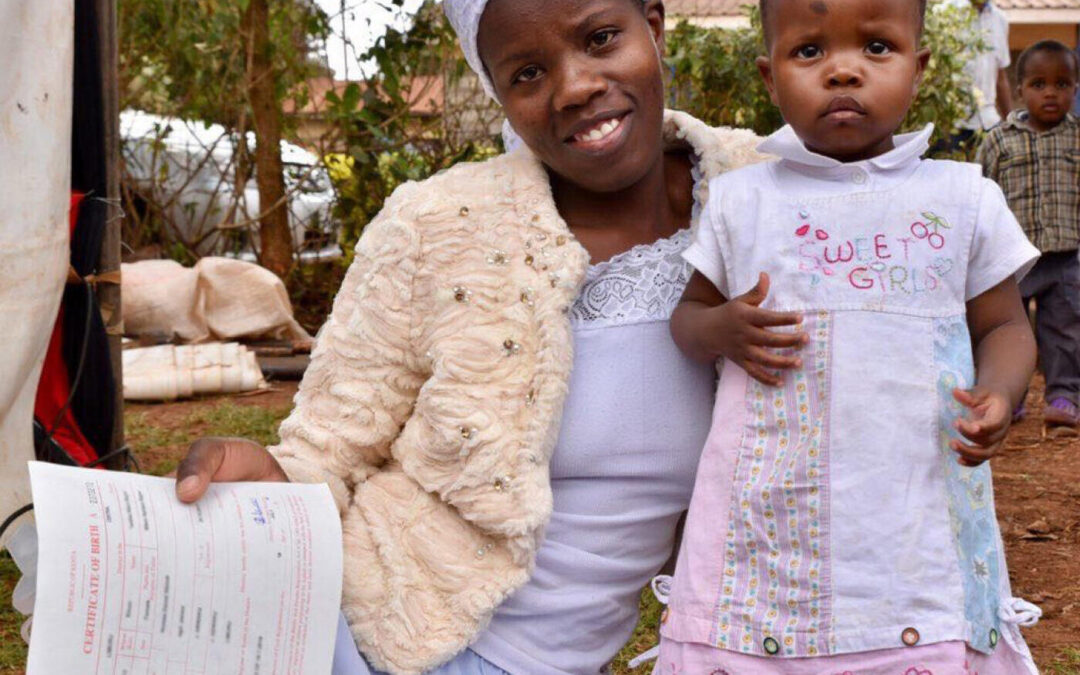
New evidence about the socioeconomic impacts of statelessness emerges from a study of the Shona community in Kenya
Results from a UNHCR-World Bank survey provide one of the first data-backed assessments of welfare and poverty associated with the lack of nationality.
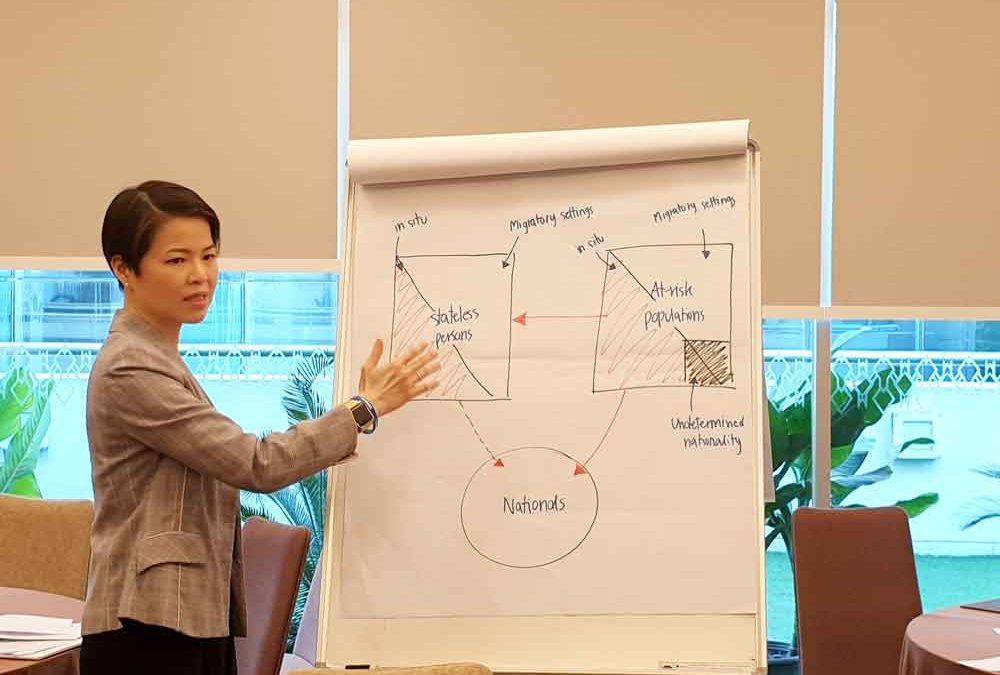
Better statistics to help end statelessness
Better data on stateless populations is essential if UNHCR is to achieve the goal set to end statelessness by 2024. The newly established ‘Expert Group on Statistics on Statelessness’ is currently working on a set of recommendations to help improve the official statistics.
